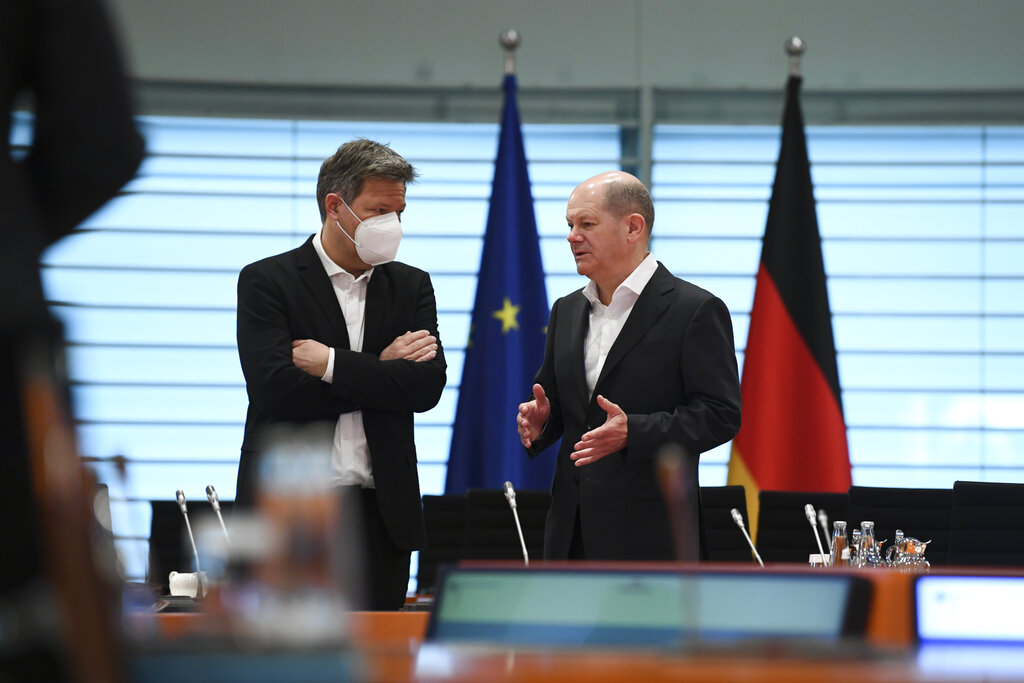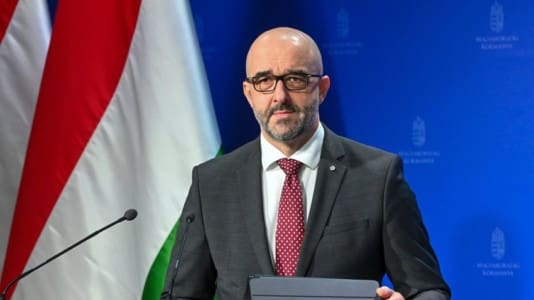Germany would be willing to impose an embargo on Russian oil because of Russia’s war against Ukraine, but there are member states that are not yet ready to do so, German Economy and Climate Minister Robert Habeck said on Monday.
Responding to a question at a briefing on another topic, Habeck stressed that Germany would also be affected if Russian oil imports were stopped immediately. In the eastern part of the country, in Berlin and its region, which is served by Schwedti, Germany’s last refinery using Russian oil, there would be supply difficulties and significant price increases. At the same time, there would be no nationwide “oil crisis” and Germany would cope with the embargo.
“However, other countries are not yet here and this must be respected,” the Greens’ politician said, adding that in the case of natural gas, Germany would also be unable to weather a Russian gas embargo.
[pp id=34676]
He added that the order of action should be set “smartly,” that “ill-considered” measures leading to an “economic disaster” should not be taken, and that the consequences of a possible EU embargo in other parts of the world should be taken into account.
At the same time, in addition to the embargo, there are ways in which “Russia could be harmed,” Habeck said, stressing that these solutions should not be discussed in public, but at a meeting of EU ministers in Brussels.
Habeck pointed out that the age of cheap fossil fuels is over. Consumers in Germany need to be prepared for further increases in energy prices, and it should also be noted that the state will not be able to compensate for all price increases.
This is a “bitter and hard truth” but at the same time the market incentive in prices is helping to increase energy efficiency, the minister underlined, adding that the government can help companies launch a loan program through the State Development Bank (KfW). It also provides a non-refundable subsidy for energy costs.
He said the small and medium-sized enterprise sector is under great pressure because of the “congestion of crises,” problems with supply chains that have become fragile due to the coronavirus epidemic, high raw material costs and a shortage of skilled labor. It is a “very bad combination,” and as a result, many companies operate at a “staccato rate,” that is, they produce when there are raw materials, parts, and then shut down when stocks run out.





